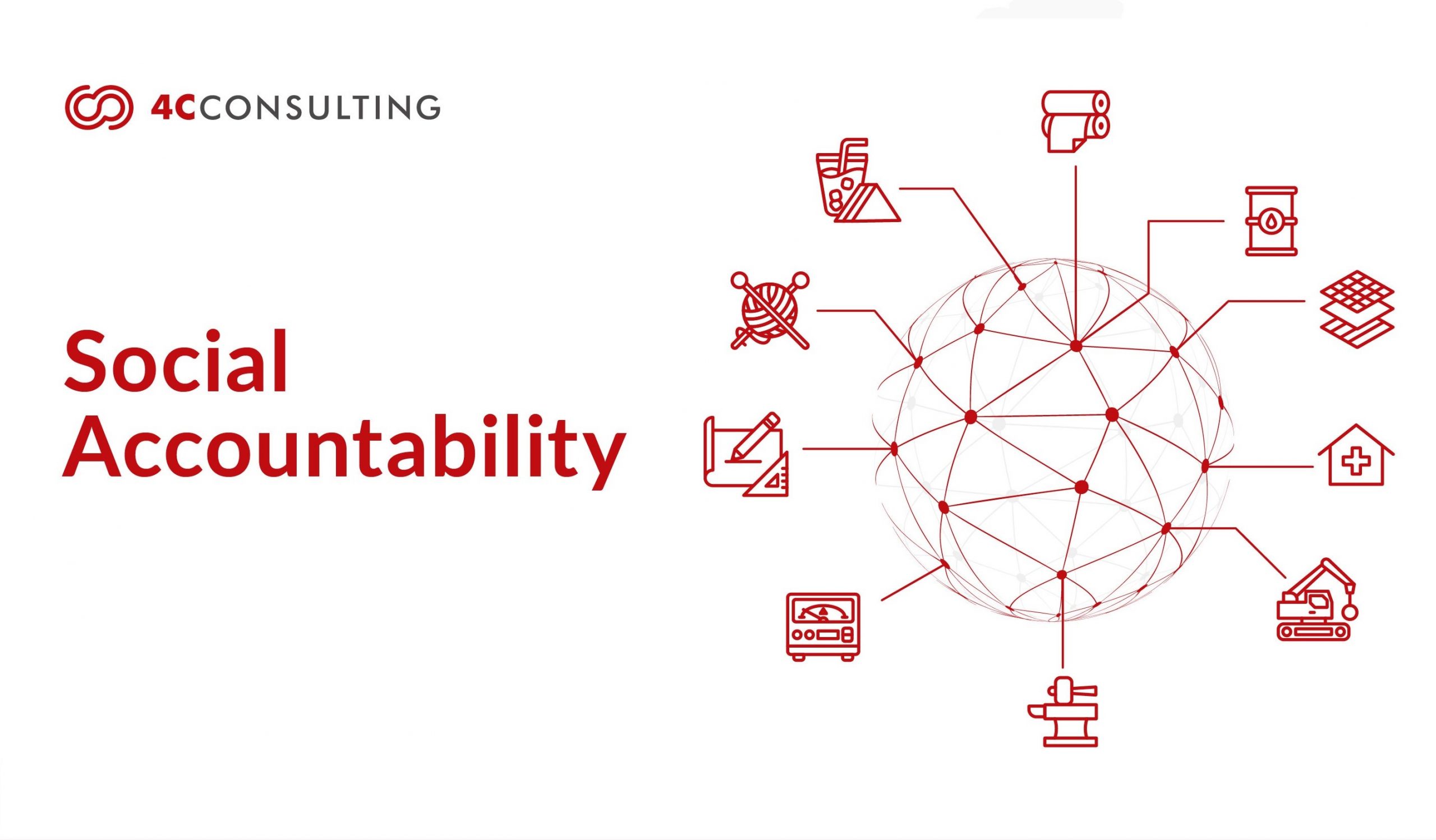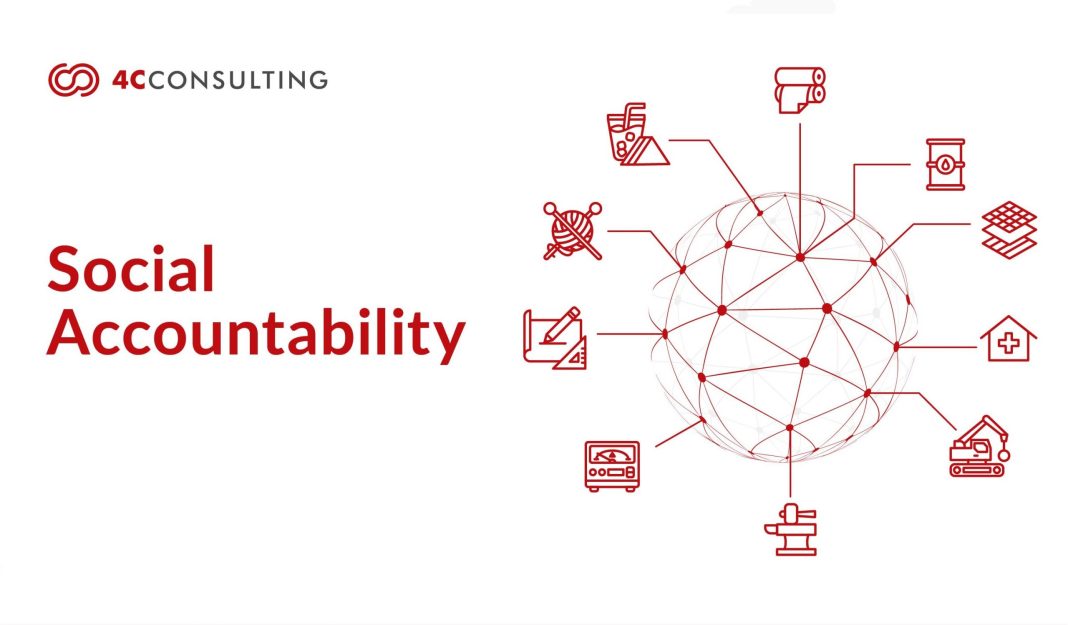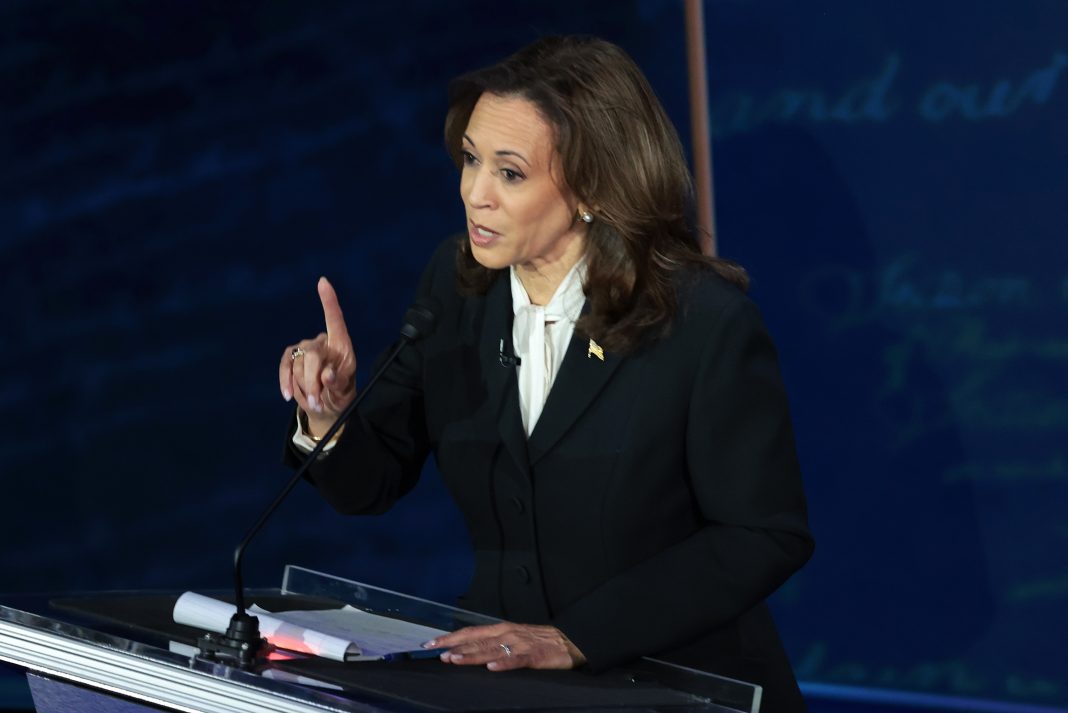
Promoting Transparency and Accountability in Indigenous Businesses
In a recent panel discussion at Mining Week in Canberra, Liberal Party Senator Kerrynne Liddle emphasized the importance of holding Indigenous businesses to the same standards as others. Liddle highlighted the need for transparency and accountability, urging decision-makers not to shy away from asking tough questions.
Liddle shared her own experiences, stating that it is essential to question how Indigenous individuals are chosen as spokespersons and to ask the same tough questions that would be asked in any other business decision. She firmly believes that cultural considerations should not exempt Indigenous businesses from scrutiny.
Kate Russell, CEO of Supply Nation, echoed Liddle’s sentiments, acknowledging the fear and reluctance to ask tough questions. She emphasized the importance of open dialogue and mutual respect between Indigenous and non-Indigenous Australians. Russell emphasized that it is better to ask a silly question than to refrain from asking at all, as open conversations are crucial for reconciliation.
Criticism of Token Roles and Diversity Targets
Senator Liddle also criticized the practice of creating token roles for Indigenous employees solely to meet diversity targets. She argued that placing people in jobs that are not meaningful or do not contribute to their personal or professional development is demeaning and counterproductive.
Ken Wyatt, former minister for Indigenous Australians, supported Liddle’s viewpoint and called for a shift in focus from meeting diversity targets to recognizing individual merit regardless of background. He believes that the skill set of an individual should be the primary consideration when determining their suitability for a role, rather than their Indigenous heritage. Wyatt also questioned the effectiveness of Reconciliation Action Plans (RAPs).
Drawing Parallels with the Gender Equality Movement
Panel moderator Brad Welsh, CEO of Energy Resources Australia, drew parallels between the treatment of Indigenous employees and the earlier gender equality movement. Welsh emphasized the importance of open conversations and relationships in breaking down barriers. He cited the success of the gender movement and called for similar efforts to be made in the inclusion of Indigenous Australians in the workforce. Welsh believes that by immersing Indigenous individuals in real opportunities, Australia can witness similar successes.
Senator Liddle shared examples from her time at Santos, where she worked to ensure that Indigenous employees were placed in roles that aligned with their strengths and contributed to their personal development. She emphasized that the focus should be on creating real, valid roles that add value to both the business and the individual, rather than simply meeting diversity targets.
Towards a More Inclusive Future
The panel discussion concluded with a call for more open conversations and genuine efforts to include Indigenous people in the workforce. The emphasis was on treating Indigenous individuals as valuable contributors to Australia’s future, rather than as token hires. The panelists stressed the importance of recognizing individual merit, promoting transparency, and fostering a culture of mutual respect and accountability in Indigenous business practices. By doing so, Australia can work towards a more inclusive and equitable future.


